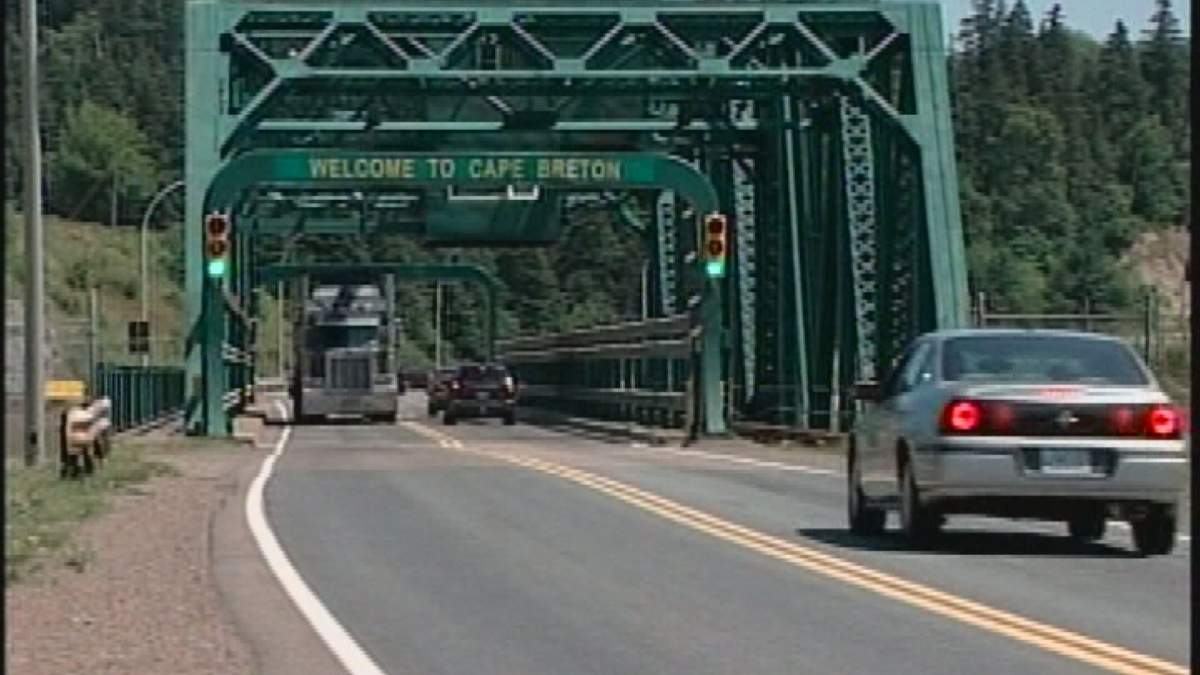The Canso Causeway, connecting Cape Breton to mainland Nova Scotia, is shut down from 6-8 p.m. Sunday, during a march for justice in the death of Chantel Moore.

The Nova Scotia Native Women’s Association president Annie Bernard-Daisley organized the event and says Moore’s death is “just a prime example of what’s happening in this country.”
Moore, a 26-year-old Indigenous woman, was fatally shot by an Edmundston police officer during a wellness check on June 4.
“Everyone knows what happened to Chantel and this man got away with murder, hiding behind a police uniform,” Bernard-Daisley says.

She says the rally be will be calling for justice in the death of Moore, but also other missing and murdered Indigenous women, girls, two-spirit and transgender people, men and boys.
Bernard-Daisley says Indigenous people will keep shining a light on this until there is justice. She says other communities have been supportive too.

Get breaking National news
“When we have non-Natives and other races stand with us in solidarity, it means the world to us.”
This isn’t the first time Bernard-Daisley has rallied on the causeway.
In October 2018, her 22-year-old cousin Cassidy Bernard of We’koqma’q First Nation was found dead inside her home on the reserve in Cape Breton.
The next month, hundreds of marchers blocked the Canso Causeway to raise awareness about issues relating to missing and murdered Indigenous women.
Bernard-Daisley also says the NSNWA has received support from police in organizing the march and closing the causeway.
“If we create an inconvenience for people who are stuck in traffic — too bad,” she says.
“Our lives are inconvenienced way too many times when we have missing and murdered people in our lives, on a daily basis.”
Bernard-Daisley says turnout doesn’t matter, as long as one person is still calling for justice. But she says support from others means a lot.
“I want to thank everybody for coming out and supporting these movements. When we have all different races standing with us, it means more to us than anyone would realize.”









Comments